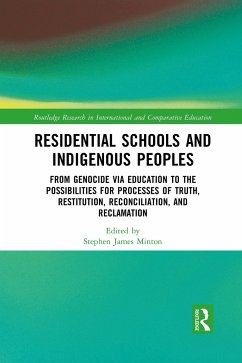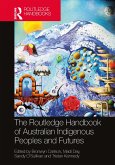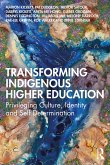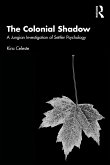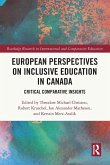Residential Schools and Indigenous Peoples provides an extended multi-country focus on the transnational phenomenon of genocide of Indigenous peoples through residential schooling. It analyses how such abusive systems were legitimised and positioned as benevolent during the late nineteenth century and examines Indigenous and non-Indigenous agency in the possibilities for process of truth, restitution, reconciliation, and reclamation.
The book examines the immediate and legacy effects that residential schooling had on Indigenous children who were removed from their families and communities in order to be 'educated' away from their 'savage' backgrounds, into the 'civilised' ways of the colonising societies. It brings together Indigenous and non-Indigenous authors from Aotearoa/New Zealand, Australia, Greenland, Ireland, Norway, the United Kingdom, and the United States in telling the stories of what happened to Indigenous peoples as a result of the interring of Indigenous children in residential schools.
This unique book will appeal to academics, researchers, and postgraduate students in the fields of Indigenous studies, the history of education and comparative education.
The book examines the immediate and legacy effects that residential schooling had on Indigenous children who were removed from their families and communities in order to be 'educated' away from their 'savage' backgrounds, into the 'civilised' ways of the colonising societies. It brings together Indigenous and non-Indigenous authors from Aotearoa/New Zealand, Australia, Greenland, Ireland, Norway, the United Kingdom, and the United States in telling the stories of what happened to Indigenous peoples as a result of the interring of Indigenous children in residential schools.
This unique book will appeal to academics, researchers, and postgraduate students in the fields of Indigenous studies, the history of education and comparative education.

